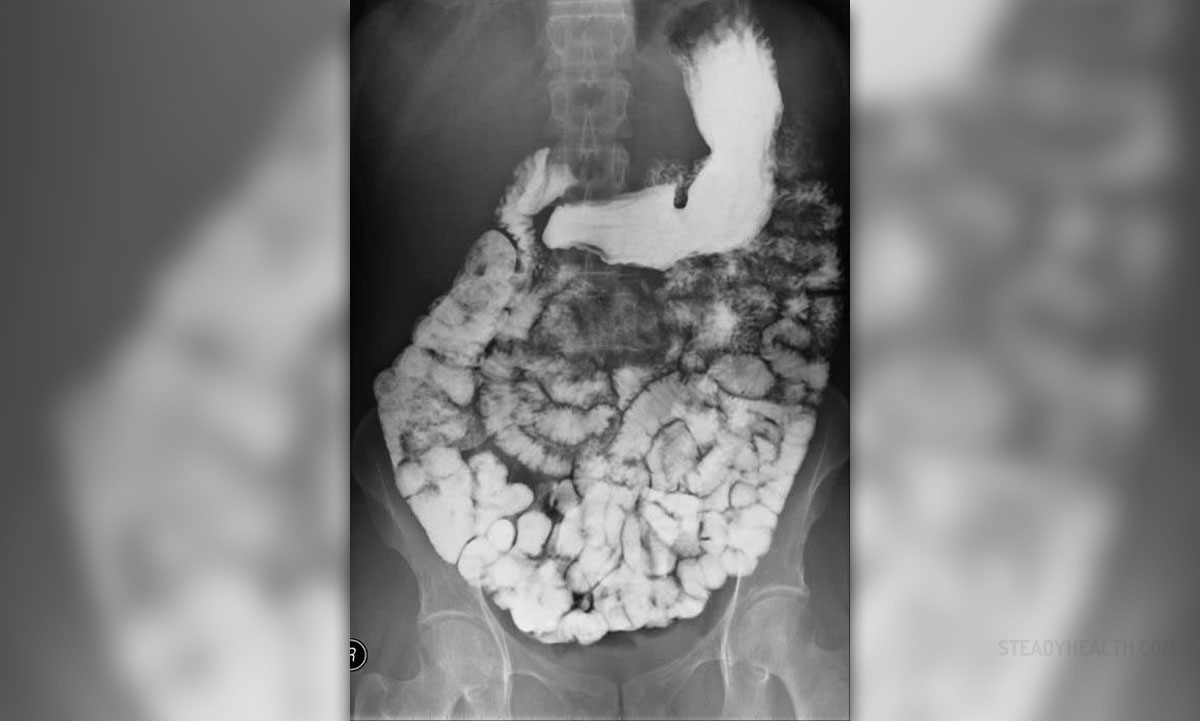
A barium enema is a test that uses x-rays in order to examine the colon and rectum.
Since the bowel contains air, the x-rays can pass through it easily, which means that nothing really shows up well on plain x-rays. However, if the bowel walls are coated with barium, which is a white liquid that the x-rays cannot pass through, then the bowel will show up much more clearly on the x-rays that are taken of this part of the body.
A radiographer, who is trained in imaging procedures of this kind, and a radiologist, who specializes in using imaging methods to diagnose conditions, performs the test.
The barium enema is usually used to find out what the condition is that is causing symptoms such as constipation, diarrhea, blood in the stool, pain in the abdomen, strange and undesired weight loss, or anemia.
Polyps, diverticular diseases or cancers of the colon or rectum can often be uncovered with the help of the barium enema test.
Before the imaging, it is of utmost importance to have a completely empty bowel, so that the barium can coat absolutely every part of the bowel lining. A person will have to drink nothing but clear liquids and abstain from eating solid food for a whole 24 hours in order to achieve this.
In order to cleanse the bowel, the person will first have to take two fairly strong laxatives, and the doctor will usually give very detailed instruction on how they should be taken. If the instructions in the leaflet that comes with the laxative are different from those that the doctor gave, it is always recommended to listen to the doctor, not the laxative producer, because he or she will be more familiar with the situation on an individual level.
Since the effects of two laxatives can be very powerful, it is very possible that there will be many watery, diarrhea-like trips to the bathroom, which is why it is important to drink a lot of water in order to avoid dehydration.
All of these steps preceding the actual x-ray are of extreme importance, because the imaging will be useless if the bowel is not absolutely clean and the barium will not be able to fully coat the bowel lining if this is the case.
The patient must also tell the radiographer of any medicines that he or she has been taking and if the patient has any allergies, glaucoma or heart disease, the radiographer must be notified and made aware of these conditions immediately.
It is not recommended for pregnant women to take the barium enema and x-rays of this region of their body while they are carrying an unborn baby.


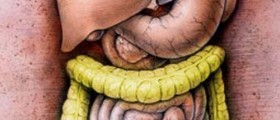

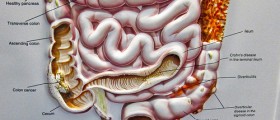
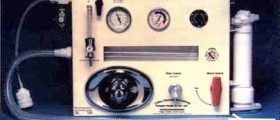








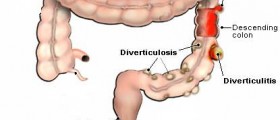


Your thoughts on this
Loading...